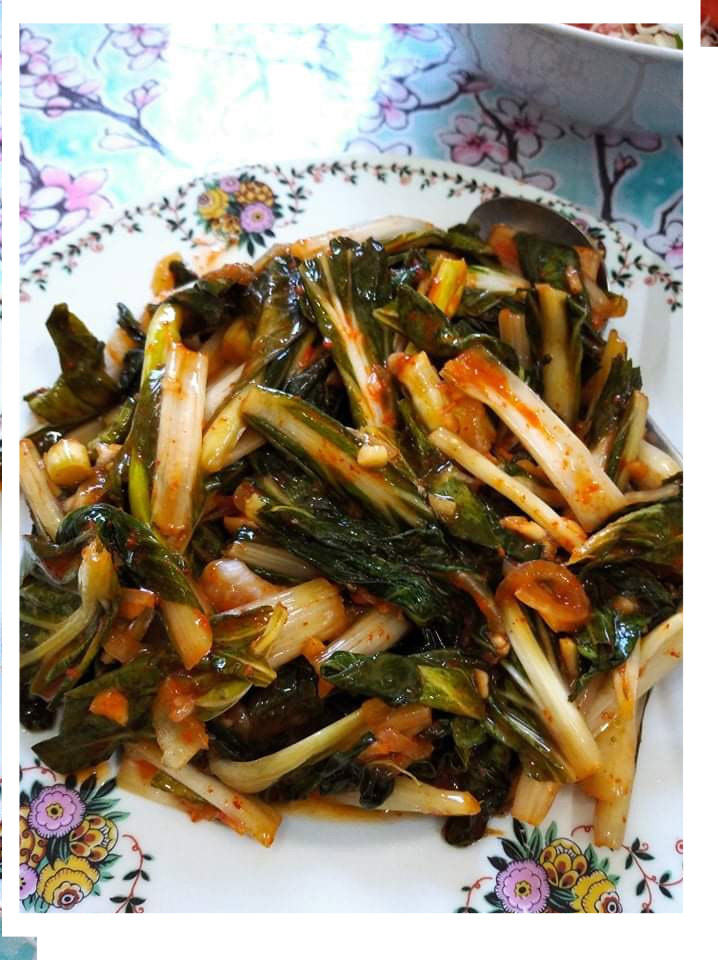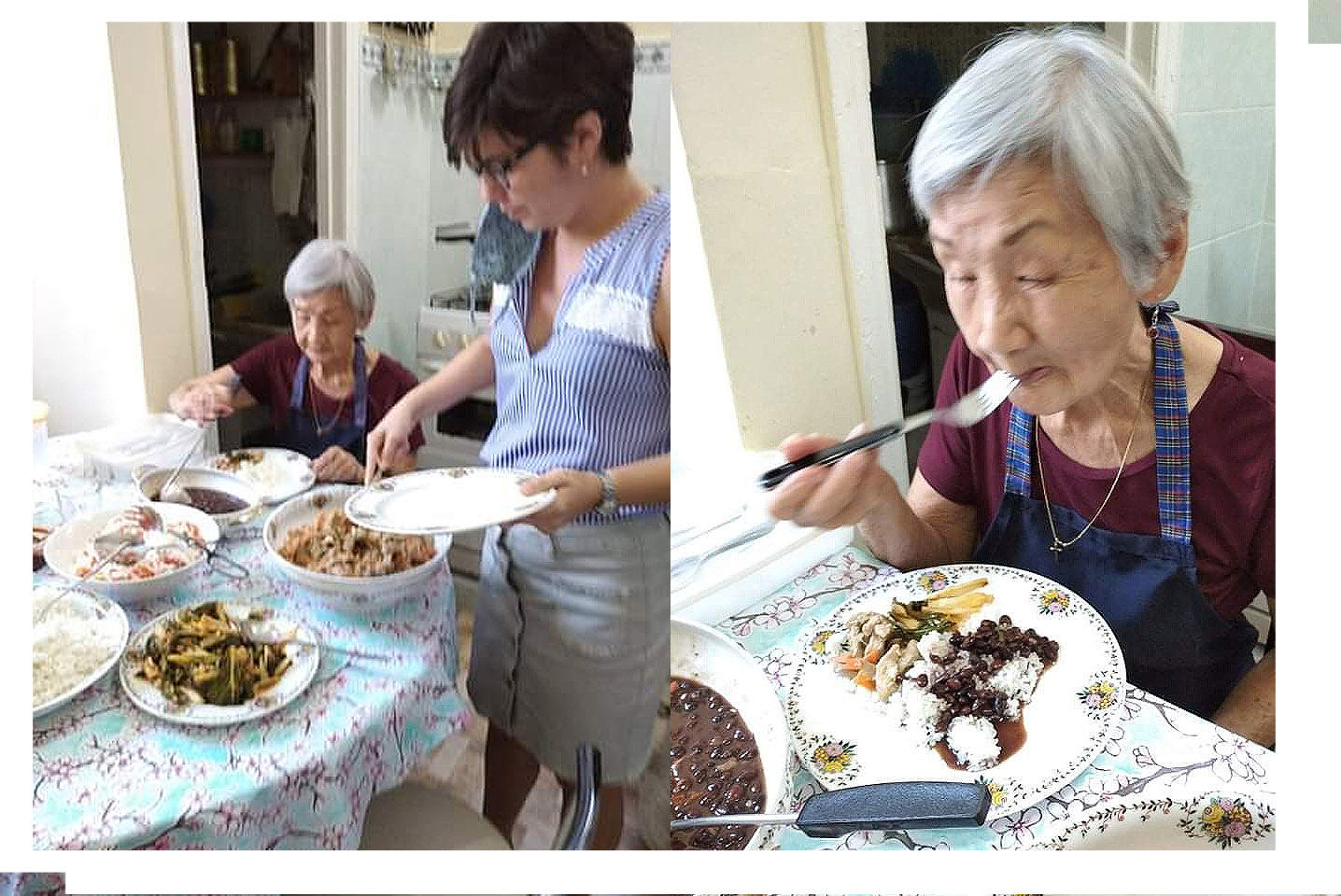- 한국어
- English
- 日本語
- 中文
- العربية
- Español
- Français
- Deutsch
- Pусский
- Tiếng Việt
- Indonesian
By Honorary Reporter Dayviana Diaz from Cuba
Photos = Dayviana Diaz
Martha Lim Kim, a retired university professor and the descendant of the first Korean immigrants to Cuba, is a great source for explaining the status of kimchi in the island nation. She has served as president of the Matanzas, Cuba, branch of Club Martiano Friendship Cuba Korea and an executive of the Korean Community of Cuba, plus she co-wrote the 2000 book "Koreans in Cuba."
The following are excerpts of an interview with the second-generation Korean Cuban.
Please introduce yourself.
I was born in Matanzas, Cuba, and my parents were Korean. They arrived in Cuba in 1921 as part of a group of emigrants who left Incheon for Mexico to work at henequen plantations and then finally settled in Cuba. I was a professor at the University of Matanzas and am now retired.
Describe your experience with kimchi from the Cuban perspective.
I learned to make kimchi by helping my mother because this food was never absent in our meals. After I got my own family, I prepared it and my daughters, husband and grandchildren enjoyed it. In Cuba's ethnic Korean community, many of the original customs were lost but kimchi is a tradition that has remained through the years. After Korean immigrants in Matanzas began to work at henequen plantations, many Cuban wives learned how to make it. The Korean workers there always brought kimchi with their lunches, and their Cuban colleagues liked it so much after tasting it that they offered part of their lunches to taste it.

This chard-based kimchi was made by Martha Lim Kim for a family dinner.
What are the health benefits of kimchi?
Since I was little, I was taught that kimchi is good for digestion. I later learned that the vegetables in kimchi are rich in vitamins and that it doesn't contribute to obesity. In nutritional studies that I subsequently conducted, I discovered that garlic, a basic kimchi ingredient, is an antioxidant that also lowers blood pressure. This is why kimchi is a food with valuable health properties.
What do you think of the recent controversy over the origin of kimchi?
The identity of a people is expressed through their culture and shaped by everything they create such as traditions, clothing, habits and eating. Koreans have been making kimchi for thousands of years, so I think that kimchi is part of the Korean identity like Hangeul or (the traditional folk song) "Arirang" and thus an inseparable part of Korean culture.
Express in one sentence why you love kimchi.
It reminds me of who I am and where my roots are as well as being delicious.

Martha Lim Kim eats a combination of Korean and Cuban cuisines that includes kimchi.
enny0611@korea.kr
*This article is written by a Korea.net Honorary Reporter. Our group of Honorary Reporters are from all around the world, and they share with Korea.net their love and passion for all things Korean.
Most popular
- Grammy-winning producer calls Suga of BTS 'amazing artist'
- 'Universal love, family' themes fuel success of 'King of Kings': director
- Council sets minimum hourly wage in 2026 at KRW 10,320
- Expansion of foreign app system raises tourist convenience
- Nat'l population diversity rose nearly 8% from 2018-22: study
